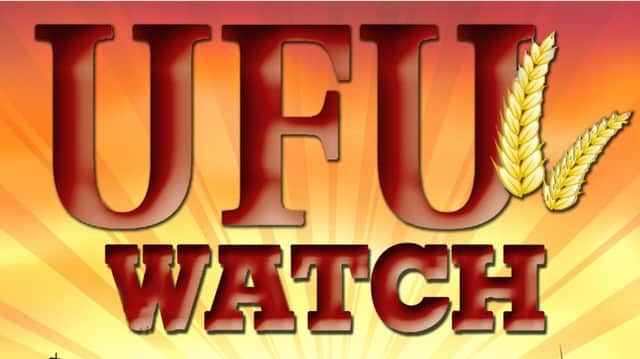'˜Supply chain legislation not required' '“ Commission


Having assessed the different regulatory practices in Europe, as well as the efficiency of the voluntary Supply Chain Initiative, the commission concludes that legislation is not currently necessary.
Instead, the report makes recommendations for strengthening the voluntary code by enabling alleged victims of unfair trading practices to complain confidentially. It calls for an independent body with power to investigate and impose sanctions, such as the Groceries Code Adjudicator in the UK.
Advertisement
Advertisement
The report also urges better publicity of the voluntary code among SMEs and suggests that an independent chairman is appointed, free from stakeholder affiliation. Finally, the report states that member states are best placed to introduce their own legislation, rather than a European wide approach.
Calling for more time to understand the implications on voluntary approaches at the member state level, the commission “did not see the value of a “specific harmonised regulatory approach at EU level at this stage.”
Commissioner discusses future of dairy with MEPs
Commissioner Hogan discussed options for the future of the European dairy sector at an event in the European Parliament.
Hosted by German MEP Albert Dess, Commissioner Hogan used the event to confirm he would be extending the private storage aid for butter and skimmed milk powder until 30 September 2016. But as well as making use of safety net tools, such as the PSA schemes, Commissioner Hogan told the conference he “firmly had his eye on the future”.
Advertisement
Advertisement
He highlighted the trade missions he would be leading as well as a visit he would be making to China. The commissioner highlighted the impact that China had on the world dairy market, highlighting the 52% drop in imports of milk powder in 2015.
Finally, the commissioner expressed confidence in the dairy sector, adding that the “European Commission is 100 per cent committed to maintaining our European family farm model, and at the same time, supporting a more competitive and resilient dairy sector.”
Latest European dairy figures
Experts from the European milk sector met in Brussels to scrutinise the current market situation.
At the monthly Milk Market Observatory (MMO), the EU Commission presented figures which show that total European milk figures increased by 2.2% in the first eleven months of 2015, in comparison with 2014 – again showing that supply is outstripping demand. This has led to an increase in skimmed milk powder (8.6%), butter (4.3%), cream (3.4%) and cheese (1.2%).
Advertisement
Advertisement
The biggest increase in production came from ROI (up 11%). Global dairy production was also up; production increased in the USA by around 1.7% as well as recorded growth in Australia. New Zealand is the one country decreasing in production, output down around 1.4% for the period up until the end of November.